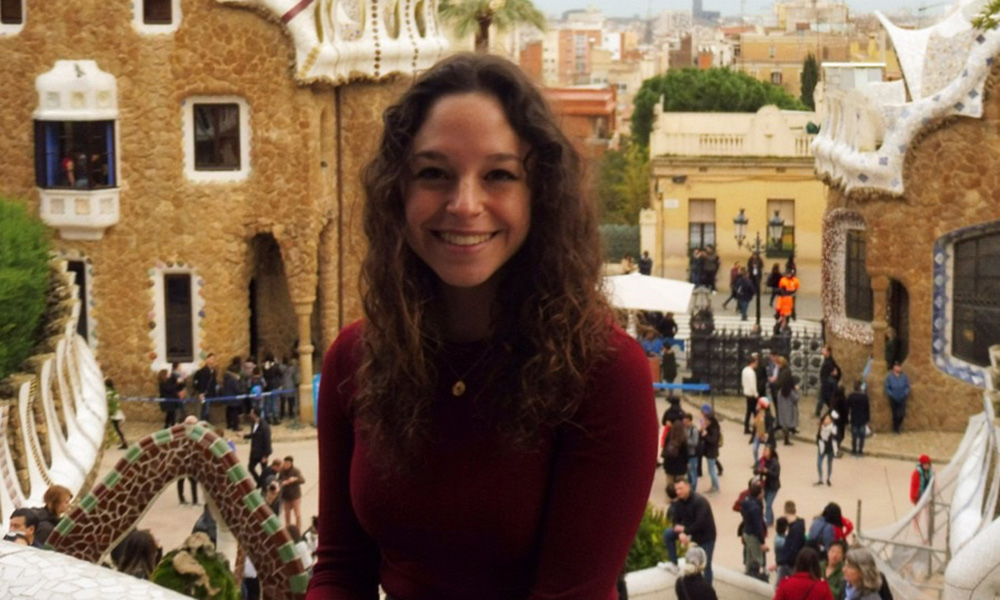Eva Vivero ’19 studied abroad in Barcelona, where she was surprised to find many social issues familiar to her from her time in the U.S.
In her words:
Some of my greatest and also worst qualities are that I am a classic overthinker and a perfectionist. Therefore, it should come as no surprise that I spent many months debating my study abroad options. I wanted to go somewhere where I could practice my native Spanish, that was preferably not too cold, and extremely culturally rich. After far too long, I eventually settled on Barcelona.
Upon my arrival, I was enthralled by the Gaudí architecture, the decadent food, and the hundreds of places available for sightseeing. Barcelona proved to be the diverse and metropolitan city full of life that I had expected and sought out.
At the beginning, I was understandably filled with the excitement of novelty. I visited Montjuïc, la Sagrada Familia, Passeig de Gràcia, and la Barceloneta, just to name a few. However, as time went on, my rose-colored vision began to fade and the societal issues that plague Spain became clear.
As a religion major, I seek understand socioeconomic, racial, gender, and other types of inequalities and how they pervade the world, creating ethical dilemmas. Although I am aware that those patterns have not changed significantly over history, I was nevertheless surprised when I began to truly experience them in Barcelona. During my time there, I was confronted with the fact that, although certain problems may seem to be more prevalent in the U.S. because it is where I live, that does not necessarily make them so. Very similar categories of issues arise in all parts of the world.
During the weeks after this fact settled in, I saw Spain in a different light and as a more complex environment.
As a Latina immigrant, I was more widely accepted in Spain than I am in the U.S., and the relationship was different. When examining negative stereotypes, in the U.S. I am seen as an invader, while in Spain, I was viewed as the colonized.
However, in the end, the shifting subtleties did not change the basis of the existing power dynamics. Overall, I still felt and witnessed a general unacceptance of certain groups of people, widespread socioeconomic poverty, and unbeneficial stereotypes — all concerns that in theory I recognized existed in Spain, but that became more pronounced after I had lived them.
On a more promising note, the political involvement that appears to be slowly increasing in the U.S. was also gaining a bigger following in Barcelona. During my stay, the most prominent political issue was the Catalán independence movement.
Through demonstrations and marches, I witnessed wave after wave of demands of social justice and equality from both sides, which proved to be just as powerful in Spain as they are in the United States. The fight between the pro-independence population and the nationalists was a complicated and insightful example of disagreement and dialogue.
Overall, my time in Spain made me better understand the universality and complexity of worldwide problems and our joint effort to have our own side be heard.
